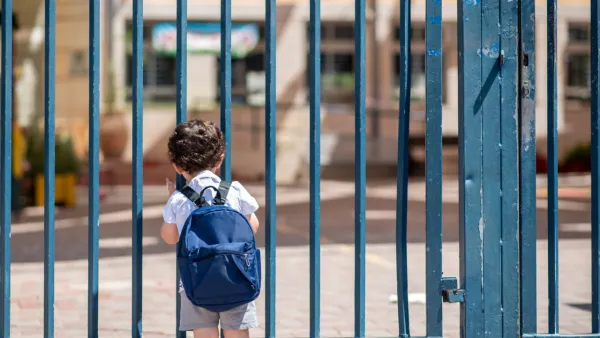Take Action
Contact Your Elected Officials
Use your voice!
Idaho’s voucher program diverts tax dollars away from the schools that serve every child.
Urge your legislators to say no to expansion, and add a personal note about how underfunding affects your students, school, or community.
Will it change anything?
Legislators need to hear directly from the people they represent. When enough of us speak out, it can shift the pressure and change the outcome.
Your message isn’t just read — it’s counted, shared in meetings and speeches, or used to gauge public opinion.
You can make a difference!
